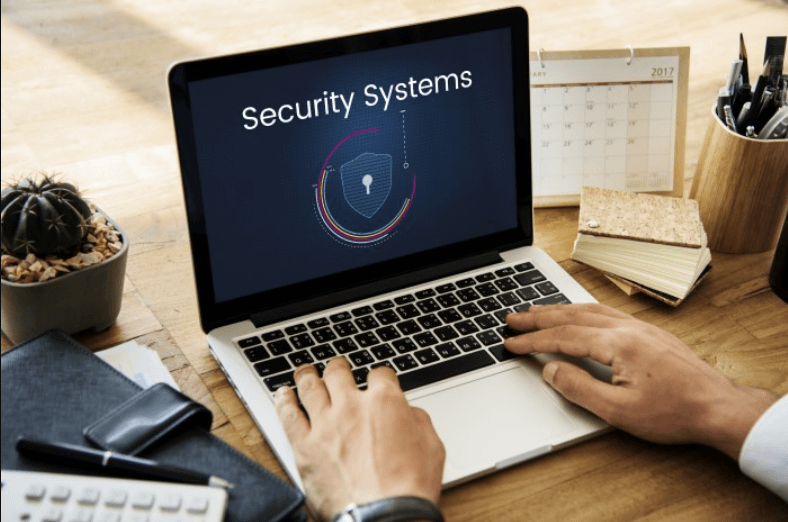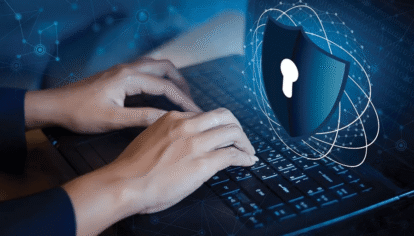Cybersecurity is integral to maintaining online privacy in an increasingly interconnected world. Various cyber threats, including data breaches and unauthorized access, can compromise sensitive information. To counteract these risks, organizations implement advanced strategies such as encryption and access controls. However, the effectiveness of these measures often hinges on user awareness and engagement. Understanding the complexities of these threats and the strategies employed to combat them raises important questions about individual responsibility in protecting personal data.
Understanding Cyber Threats and Their Impact on Privacy
As cyber threats proliferate, they increasingly pose significant risks to individual and organizational privacy.
Phishing attacks exploit human vulnerabilities, tricking users into revealing sensitive information, while data breaches compromise vast amounts of personal data.
These incidents not only erode trust but also jeopardize autonomy, highlighting the urgent need for robust defenses against such malicious activities to safeguard personal freedom and data integrity.
Key Cybersecurity Strategies for Safeguarding Personal Information
While the digital landscape continues to evolve, effective cybersecurity strategies are paramount for protecting personal information against an array of threats.
Key strategies include the implementation of robust data encryption techniques, which safeguard sensitive information during transmission and storage.
Additionally, stringent access controls are essential, limiting data accessibility to authorized personnel only, thereby minimizing the risk of unauthorized breaches and enhancing overall data security.
Empowering Users: Best Practices for Online Privacy Protection
The effectiveness of cybersecurity measures relies not only on technological implementations but also on user engagement and awareness.
Users are empowered by adopting best practices such as enabling robust privacy settings and utilizing data encryption tools. This proactive approach minimizes data exposure and enhances individual autonomy.
Furthermore, continuous education on emerging threats equips users to navigate the digital landscape with greater confidence and security.
Conclusion
In the digital age, cybersecurity is the guardian at the gate, standing watch against the multitude of cyber threats that jeopardize online privacy. By implementing robust strategies such as data encryption and user education, individuals can fortify their defenses and reclaim their autonomy in the digital realm. As the landscape of cyber threats continues to evolve, ongoing vigilance and adaptation remain paramount, ensuring that trust and safety in online interactions are not merely aspirations, but achievable realities.




 The Role of Cybersecurity in Protecting Personal Data
The Role of Cybersecurity in Protecting Personal Data